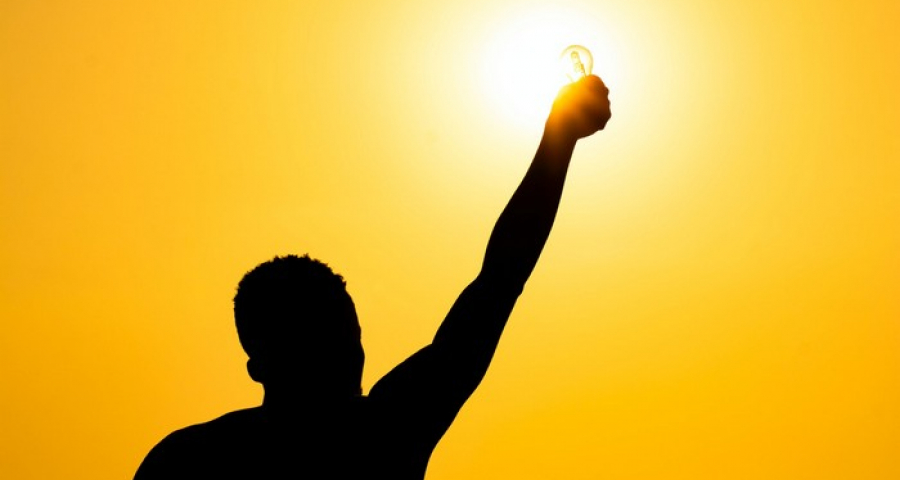The third instalment of the column by the Leo Andringa Observatory of Poverty explains the second criterion that characterises the current EoC approach to promoting, implementing and evaluating initiatives to combat poverty, starting from communion.
by the OPLA Team*
“In this silent exchange
which for both is to look and let themselves be looked at,
in this penetrating into each other
in time with benevolence,
we are given to weave the reciprocity of this love
and perhaps gratuitousness.”
(Pablo Neruda)
Reciprocity and gratuitousness: these are two values that are difficult to dissociate. The first presupposes the existence of a relationship between at least two subjects. In almost all relationships - there may be very rare exceptions - reciprocity does not occur before gratuitousness: one of the subjects must necessarily take the first step, until the other, at some point, realises that they too can give something. It is on this basis that the EoC - and thus also OPLA - moves today, which, in order to help each participant realise their capacities and possibilities of giving, proposes reciprocity as a way and method.
In carrying out the projects of communion against vulnerability, it is therefore envisaged to jointly write a reciprocity agreement in which the candidate participant, in addition to receiving support from the EoC, undertakes to offer something concrete of themselves (established together with the operator) that is in line with the EoC values. This dynamic will first of all serve to value the dignity of each participant, putting them in an active position of protagonism rather than in the passive role of a ‘person helped’.
Fortunately, Neruda does not speak of a romantic love, but rather of a concrete way of living, within everyone's reach. In 1991, Chiara Lubich emphasised the centrality of giving to form a new economy, in contrast to that of immoderate and selfish consumption.
“It may seem difficult, arduous, heroic,” she states, “but it is not so because man [...] finds his own fulfilment precisely in loving, in giving.”
It is proven, in fact, by many studies and experimental observations that a person's development process is activated and can be accomplished when they become aware of their own capacity to contribute to the community and society in which they live by donating their own capacities and thus feeling accomplished at the same time.
“No one is so poor that he cannot give something,” said Benedict XVI. To take into account the many things a person can donate, communion on the part of the participant can be present in the form of talents, gifts, resources or anything else that contributes to the common good, especially to the growth of the surrounding community and others in need, the modalities of which are freely agreed upon.
In order that the many protagonists of the EoC community in the world may feel part of a single global community (givers and receivers, operators, families, volunteers, students, entrepreneurs, etc.), the participants undertake to share their experience through stories, photos, videos or other materials, again agreeing on the modalities respecting the dignity of the people involved and the appropriateness in each case.
In this global process, the aim is to promote the growth of a community of “inducers of communion”, people who in their daily lives take the first step of gratuitousness towards others, helping them to realise that they too can do something for their community, to the point of being able to exclaim:
“Eureka, I can give!”
Photo credits: Image by Clement Eastwood from Pexels
* The OPLA team: Francesco Tortorella, Germán Jorge, Maria Helena, Tainã Santana








